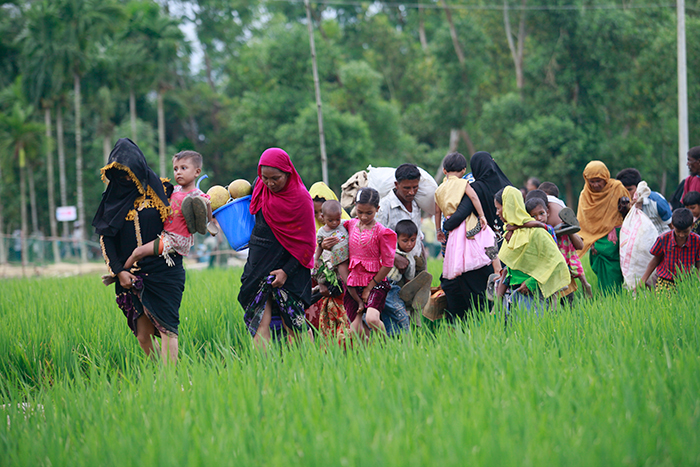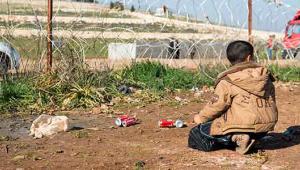rohingya-refugees-istock-860218414.jpg

Rohingya refugees. Image ©iStock
The level of funding pledged in this year is a 7% increase on the €1.4bn allocated in 2021, after the EU provided additional support to mitigate the impacts of Covid-19.
Around a third of the funding (€469m) will be allocated to Sub-Saharan Africa to support those suffering from the food and nutrition crisis exacerbated by conflict in the Sahel region.
Janez Lenarčič, EU commissioner for crisis management said: “Humanitarian needs are at an all-time high and continue to grow.
“This is mostly due to conflicts but increasingly due to global challenges like climate change and Covid-19.
“Next to responding to new and highly visible crises, the budget ensures that we do not detract from addressing existing, protracted or recurrent humanitarian crises, such as in Colombia or South Sudan or the situation of the Rohingya people.”
A further €351m will help address the refugee crises in Syria and Yemen, with another €188m for ongoing support in Haiti, Colombia and Myanmar, the EU said.
Up €152m will fund projects in Europe addressing crises in Ukraine, Western Balkans and the Caucasus, as well as the effects of the Syria crisis in Turkey.
The remaining €370m will be reserved for unanticipated crises, and to support vulnerable populations in disaster-prone countries to prepare better for natural disasters.
The EU added that 10% of the funding across all regions will be ringfenced to education in emergencies, to allow children and youth to continue their schooling.
Last week, the United Nations asked for a record €4.4bn in aid donations, to help people in Afghanistan through the political and economic crisis.
The target, worth nearly a quarter of Afghanistan’s GDP, is three times the figure collected in 2021 in the wake of the Taliban takeover following US military withdrawal.













